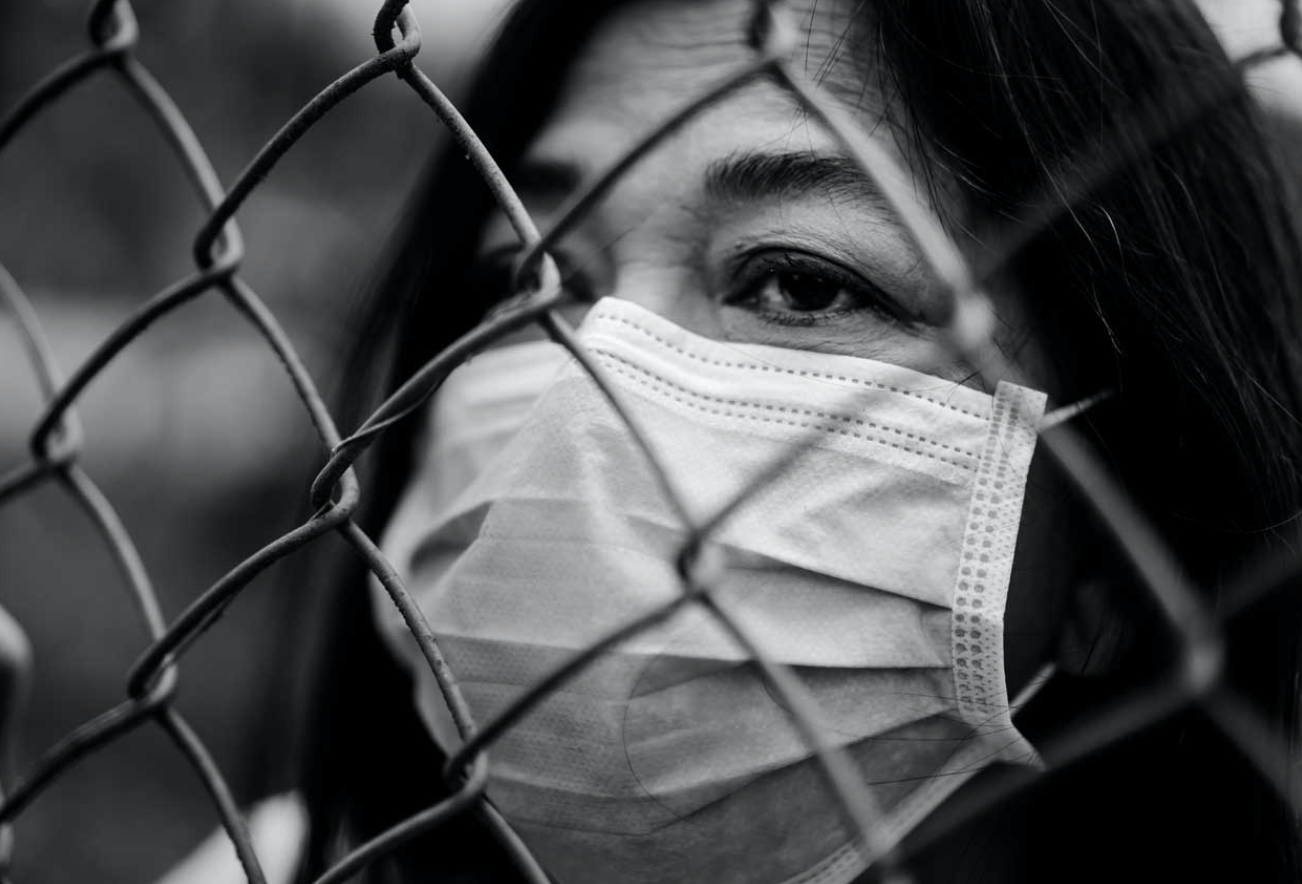Kerby Anderson
According to Peter Van Buren, there is another virus loose in the land. He refers to it as “learned helplessness.” The previous pandemic and lockdown encouraged many Americans to adapt by no longer challenging the ever-shifting rules promoted by various politicians.
He wonders why we would allow the government to deny us the opportunity to say goodbye to a parent dying in a hospital. And now that we are in this post-vaccination period, it seems hard for some Americans to remove their masks and get back to normal.
American psychologists Martin Seligman and Steven Maier created the term “learned helplessness” in 1967. They were studying animal behavior. If dogs learned they could not escape from something unpleasant, they simply stopped trying to get away. Even if the barrier was removed, the dogs wouldn’t try to escape.
During the lockdown, we also had enforcers who increased the likelihood of learned helplessness. A waitress that used to serve you, now orders to you wear a mask. Flight attendants that used to serve drinks suddenly had the power to have security remove you from an airplane. Even customers in a store started acting like hall monitors in school.
Peter Van Buren acknowledges that Americans “are not comfortable accepting that their lives are being manipulated at this level, the way for example many Russians assume it to be.” But then he reminds us that many of the “temporary” security and surveillance measures enacted after 9/11 are still controlling our lives twenty years later.
I recently did a commentary on the increased anxiety in America and the phenomenon psychologists call the “cave syndrome.” Many Americans don’t seem ready to reengage with society. The phenomenon of learned helplessness may be another reason why it’s hard to get back to normal.
 Listen Online
Listen Online Watch Online
Watch Online Find a Station in Your Area
Find a Station in Your Area









 Listen Now
Listen Now Watch Online
Watch Online
